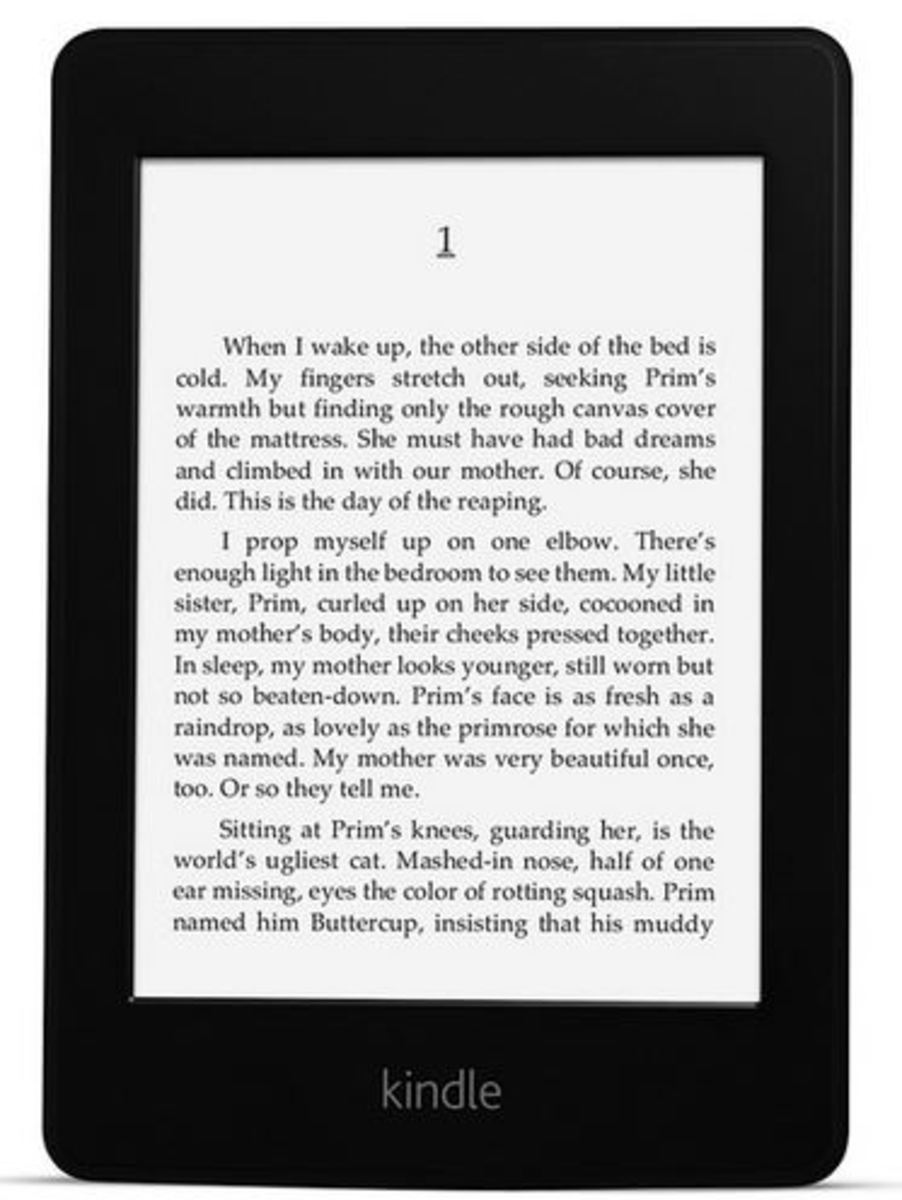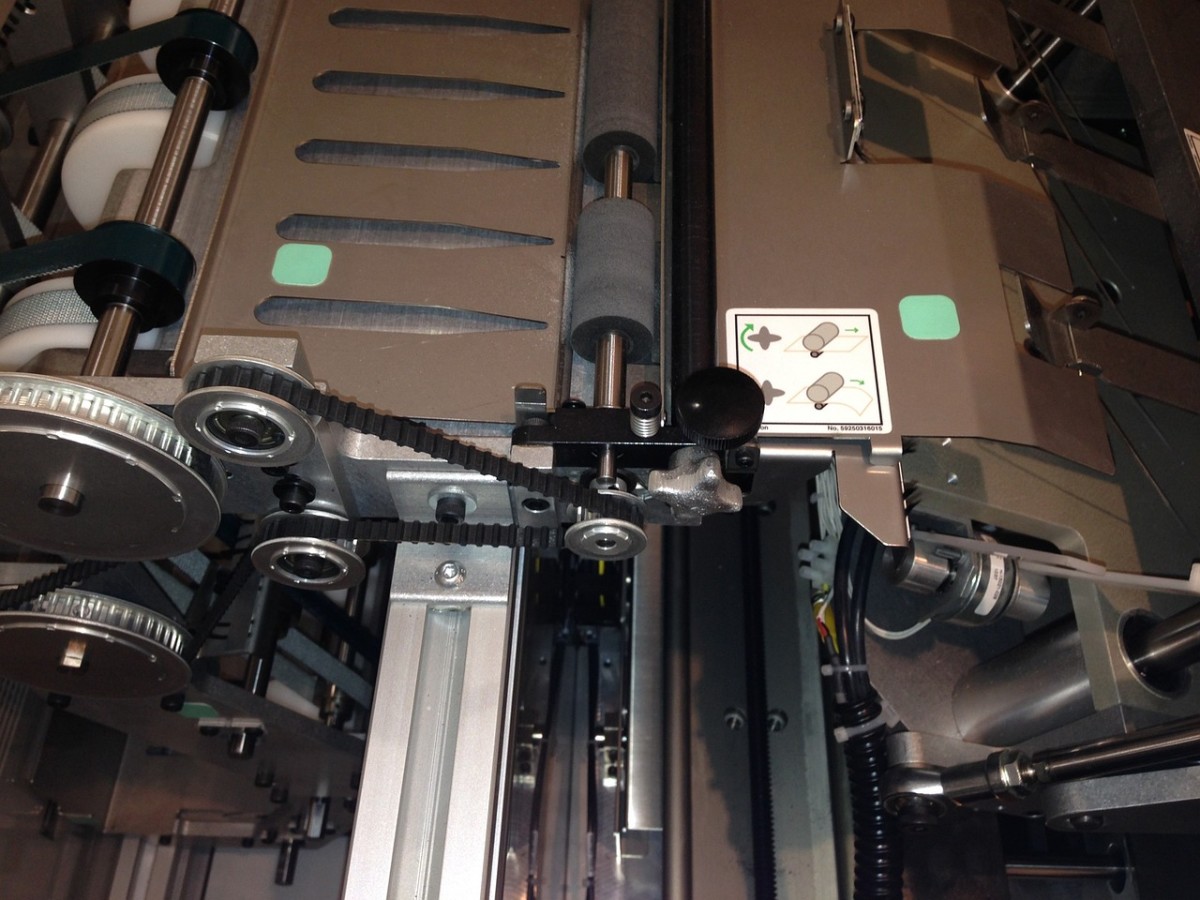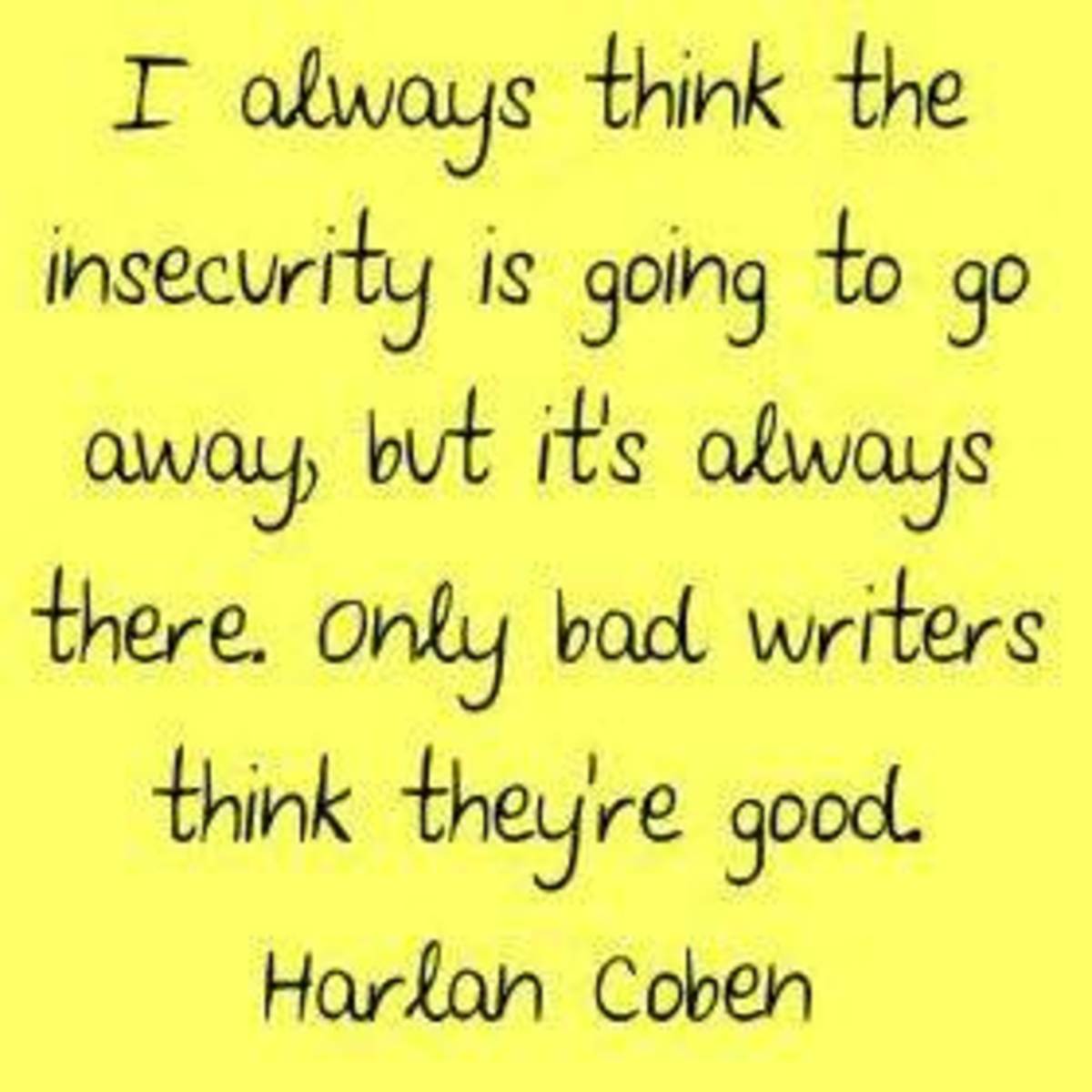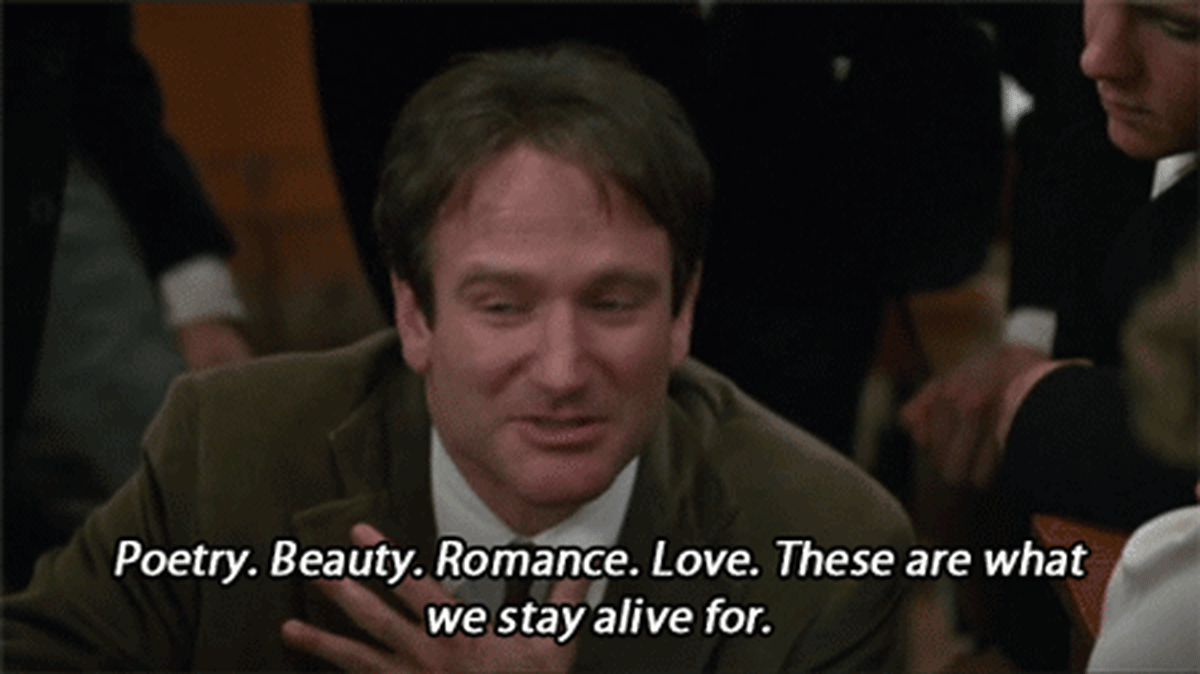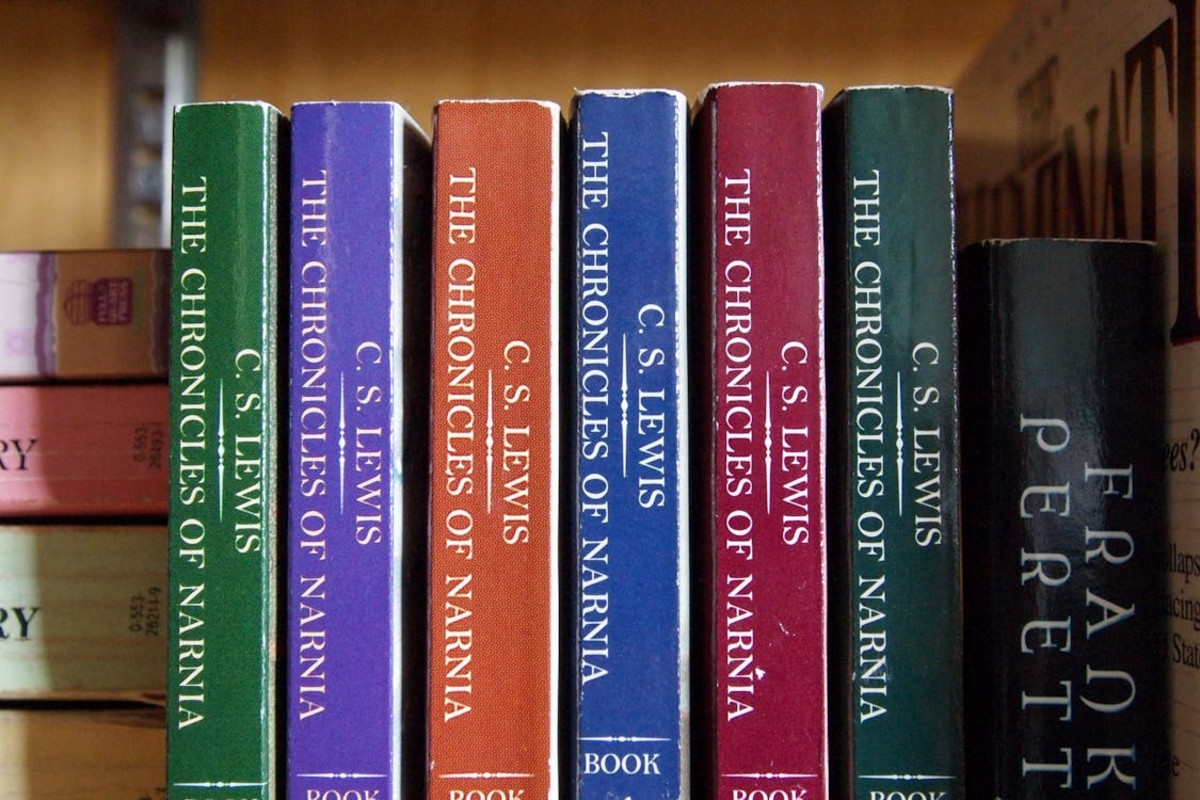- HubPages»
- Books, Literature, and Writing»
- How to Write»
- How to Get Published
Using CreateSpace and Amazon for the Self-Publisher
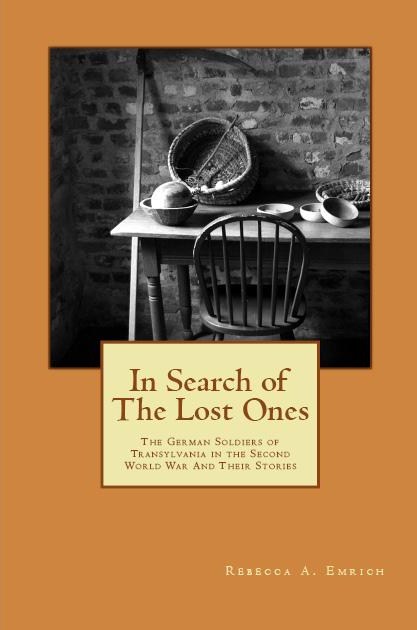
Why I Self-Published My Book
The journey to becoming a published author is not an easy one, and this is my publishing experience. After a bit of time processing what it took for my self-published book to have the success I hoped for, I decided to write on my own experience-- I used the CreateSpace (parent company is Amazon) company and have had success in the niche market I wrote in. The route I decided upon is not for every writer, but it works well for my first self-published book.
I decided to write a book on the Transylvanian Saxons of Romania in 2008, it is a niche market and a Second World War history book. At this point I did not understand how much work would be required for me to start, to edit and to go through the rather long re-writing process it took. The one thing I was sure of was that there would be a lot of work which would have to be done to make it a success. It is a smaller market, but it still has a following which improved my chances to self-publish successfully than with a fiction book.
My book was published in November of 2011. What with writing and editing, and designing this book took about 3 years for “In Search of the Lost Ones” to see a listing on amazon.com, and other amazon websites. It is a self-published book which is in a niche market and is based upon events of the Eastern Front.
There are many reasons why you can and should self-publish a book, my own story is based upon my writing and knowing what, and where I would best find success with my book.

Would I Self-Publish Again?
Based upon my experience I would self-publish again. I did my research and choose CreateSpace for printing and distribution of In Search of the Lost Ones. There are two reasons for this: One, that while it is a small market most of the people who are interested live in the United States and it is more convenient for them to buy it on amazon.com. Two, because I could use my own ISBN, and I felt that this allowed me to have more say in the process and to allow for changes later on in the process of publishing.
There are a few things which I would change with what I did in terms of publishing my book. I would be more aware of promotion in terms of pre-motion. In this case, I looked over many of my hubs, and found that what I spent time working on did not accurately reflect what my book is about. It is also is a reflection on my own writing. People see my hubs and can make judgements of my writing based on my hubs.
This means that while my hubs are "good"—they are not great. This made me go back and edit many of my hubs to improve their format and the way they were presented to my readers. As I did this process of editing, this lead to my questioning my original version of my book.
I realized that while I had used an editor for my writing, I had not used a copy editor, one who would go and ask questions about the general content. Once I did this, most people who pre-read the book, found it much easier to read.
Once I began questioning my book, I began to really look at the market for my soon to be published (or so I thought!) book.
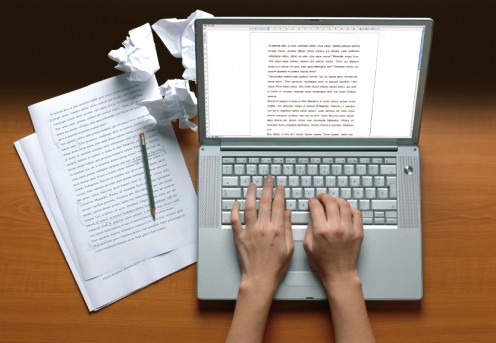
What are the Benefits to Self-Publishing?
I did research on the market of my book. Most books which are published about the specific people of Transylvania I was writing on were self-published, and most of these authors freely admitted to me that they really didn't make money on this.
I also knew that it was a bit bigger a market than just that niche market: I was writing on the Transylvanian Saxons men's experiences of the Second World War. Most of these men are now either deceased or are very old. Yet, because it was about the Second World War, a history subject which most people would find interesting I knew that people who were interested in the Second World War would possibly be interested in this book.
Still, I understood that this is not a big market, and from the literary agents I spoke with, it would be a harder sell for most traditional publishers. I then focused on researching who I could contact to print my book. I looked at Lulu but also at CreateSpace, and I decided upon CreateSpace since it offered more things for a smaller fee. However, it is up to you to do all the work.
What this meant in real terms is that I had to use an editor-- several in fact and pay them, and also work with a cover creator and a designer. This also worked well as during this time, there was a small hiccup in the online world, so it was best to focus on writing, editing and publishing this book.
That final edit went from March of 2011 until October of 2011. I re-sent in many proof because my editor or I would find errors. Although this cost money to re-send a proof, this was the best money spent.
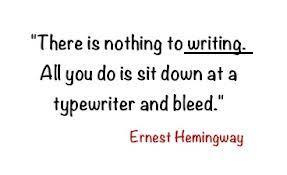
Self-Publishing: Pros and Cons
Now that my book is published here are some self-publishing pros and cons which any writer must know.
Pro: this is a great way to go if you have a small market you are focusing on or if you understand that really, your book needs to be out at a critical time.
Con: You might thing that your book is great. (When it really is not.) This being the case, do not simply go and get any editor. You might not like what they have to say but a truly good editor will not "let you off easy." Most online editors do a good job at seeing your spelling and grammar mistakes, however to publish something you will also need a content editor.
Pro: Self-publishing is faster, and if you choose your company correctly. A vanity press which charges you thousands of dollars to publish your book might seem faster, but you lose a lot of choice with what they have to offer.
Con: It is all up to you. You have to go out and find an editor, buy an ISBN, a cover designer, and create a marketing plan. It is also up to you to spend time learning about the self-publishing process. If you are unwilling to do this, then you might find that self-publishing is not for you.
Pro: It is your book, and if you understand how much time and energy you will need to devote to your writing, editing and publishing, you will find that most independent publishers are happy with the publishing process.
Con: If you don't read the contracts that some self-publishing company offer you, you might find out that you will be paying for a lot more than you think, or a lot less than you want. A good example is that many vanity presses have a contract for what can be refunded when, such as you can get editing done, but if you start the process all of your money is non-refundable, even if the writing was not edited.
Pro: There is only one you, but you can learn the value of teamwork. You will also learn how to market and gain a better idea of how to sell your next book. You will have to pay some money for editing or even book design but it is up to you what you want to spend your money on.


What Would You Do?
Would You Self-Publish Your Book
The Moral to Self-Publishing: Final Notes
By going into this journey of doing the process it takes to write a book, I have learned a lot. I think my biggest point was that I cannot simply assume people will go out and buy a book simply because they know how much effort was put into the process.
There is a fine line between what you can potentially earn with a book and what you actually earn. It is one thing to think that you understand the "self-publishing law of averages" but it is an entirely different thing to see it in action. Many people were happy that I had published but this was generally with friends and family.
This especially true in the format I choose to publish in. Yes, people might be excited about the book, but it does not mean that they will spend the money online to buy the book, or even review a book for you. This is the critical thing for success: You spending time, and talking about your book, and getting people to go to amazon.com and see if they will buy a book.
I have learned that this is a long process, and if you believe that your book is in a niche market, as I found mine to be in, then it is important that you make plans to market that book well, getting people to buy online, especially family and friends is critical. I also learned one very important phrase "no my book is not free."
When I started on this journey I learned about what it takes to be a better writer, but also what it takes to encourage people to purchase a book. It's not easy, but I will do this journey again.

